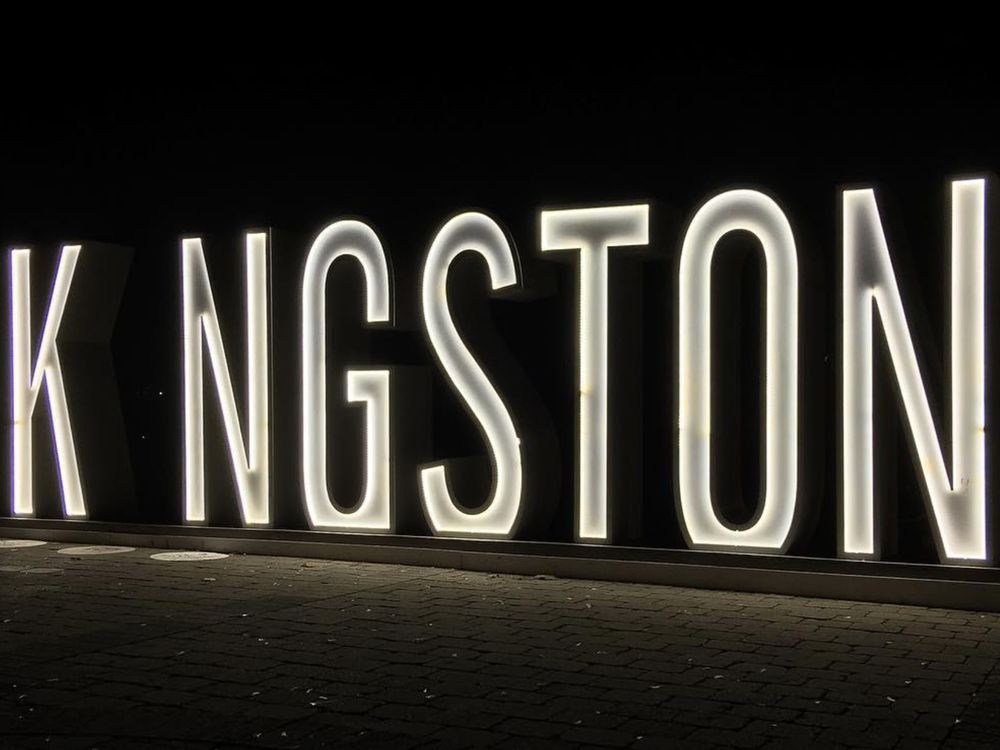Kingston’s economy is at risk because of the downturn in the tourism sectors because of the COVID-19 pandemic, according to the Conference Board of Canada. (Elliot Ferguson/The Whig-Standard)
KINGSTON — The city’s economy is particularly vulnerable to the severe downturn in the tourism sector, according to the Conference Board of Canada.
Kingston ranked fourth in Canada on a list of cities whose economy may be hit hardest by the pandemic’s effect on the tourism sectors.
Kingston’s tourism sector employs almost 7,300 people — about 8.7 per cent of the city’s total workforce — working in the food services and accommodation sectors.
With travel and tourism essentially halted globally, many of those people have been laid off.
According to Tourism Kingston, 14 accommodation providers and more than 60 restaurants, cafes, bakeries and pubs have temporarily closed. Many other food providers remain open to provide delivery or takeout.
“Unlike other sectors of the economy, the lost demand for the accommodation and food services sector is largely irrecoverable,” the conference board stated. “For example, manufactured goods can be inventoried for a future purchase, but empty hotel rooms or meals not served cannot be repurposed for later use.”
In 2019, about 4.5 million people visited the city, generating $533 million in economic impact.
Since the pandemic hit, hotel occupancy rates have fallen from more than 58 per cent to less than 20 per cent in the last week of March.
The impact to the tourism sectors has a twofold negative effect, the conference board explained, by impacting lower-wage workers who may not have the financial reserves to draw on for support and by reducing consumer spending in other sectors.
“Regions with higher concentrations of these vulnerable jobs may need to act more quickly than others,” the board stated. “These regions will need to provide rapid and significant support to businesses and employees to help them weather the COVID-19 pandemic.”
On Tuesday night, city council is to consider a plan to reallocated $700,000 of revenue raised by a tax of hotel and motel stays in the past year and a half to support a marketing and tourism recovery plan.
Tourism Kingston is looking at launching the recovery marketing plan in June, or as soon as conditions allow. Until then, as the pandemic continues, Tourism Kingston has maintained a website to provide the most current information available to the local sector.
Local museums, musicians and artists have focused on providing content online to people remaining home to limit the spread of the virus.
Tourism Kingston’s recovery plan includes keeping the local tourism sector informed about the situation, promoting takeout and delivery services being offered by local retail and restaurants, offering local tourism content online, and focusing on the regional market for tourists and visitors.
